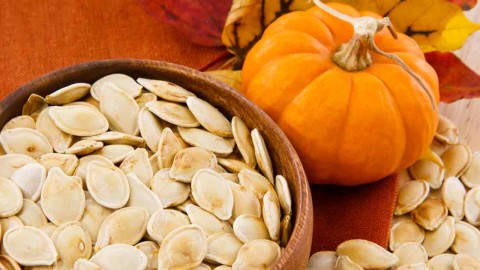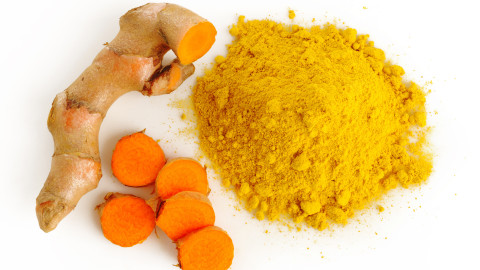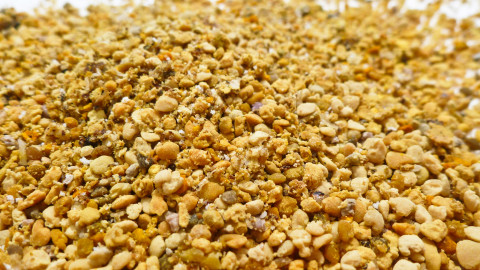What is it and how is it extracted?
Cinnamon is extracted from the inner layer of the bark of a dozen of evergreen trees species that belong to the genus CinnamomumandfamilyLauraceae.The outer bark is first discarded, and then the inner barks are shaved to extract cinnamon layers. It can be used in the form of barks, sticks, dried flowers and essential oils. Cinnamon oil is prepared by pounding the bark and softening it in sea water, and then rapidly distilling. Half to one teaspoon of powder or oil is the recommended dosage per day.There are basically two types of cinnamon –1) Ceylon scientifically known as Cinnamomum verum and 2) Cassia, scientifically known as Cinnamomum cassia.
Cinnamon is used as a spice and condiment in sweet and savory dishes. Cinnamon powder is used for aroma, taste and flavor in foodssuch as breads, rolls, apples, soups, tea, curries and other dishes in Indian, european and american cooking. The oil is goldenin color with strong odor and taste and used for baking as well as medicinal purpose.
The potential advantages of cinnamon:
- According to a Cinnamomum cassia study, Cassia Cinnamon can potentially help people with diabetes by potentially lowering the blood sugar.*
- Cinnamon can potentially reduce yeast infections by Candida strain of fungus. Research suggests that Cinnamon oil is one of top three essential oils potentially effective against Candida. Another research found that Cinnamon Oil was potentially effective against three strains of Candida – albicans, tropicalis, and krusei.*
- Cinnamon, as an anti-bacterial, is known to potentially provide relief from stomach bug/flu.
- Research suggests that Cinnamon may have potential effects in helping with tumors and gastric cancers. This study shows that sugar maybe the culprit in sustaining cancer cells, so cinnamon that is suggested by researchers to potentially regulate blood sugar levels in the body may possibly aid in prevention of tumors and cancers.*
- Cinnamaldehyde and Eugenol are the two major compound constituents or derivatives in Cinnamon Oil. According to this study, Eugenol may be potentially effective in combating colon cancer cells and Cinnamaldehyde may be effective against hepatoma cells.*
Cinnamon is believed to be versatile -anantibacterial, antioxidant, anti-inflammatory, antidiabetic, antiviral, anticancer, and a cholesterol and cardiovascular disease regulating compound. It is also believed to be potentially effective against neurological disorders such as Alzheimer and Parkinson.*
*Results may vary based on the individual. Supplement.Guide website provides only information that is based on either clinical studies, individual reviews, and published research examined by scientists, experts and our editors. The supporting facts in the form of links to research and information can be found directly in the content, or in the “Research” section, and or “Terms & Conditions” section of Supplement.Guide. It is suggested to consult your physician before starting any new dietary regiment.









